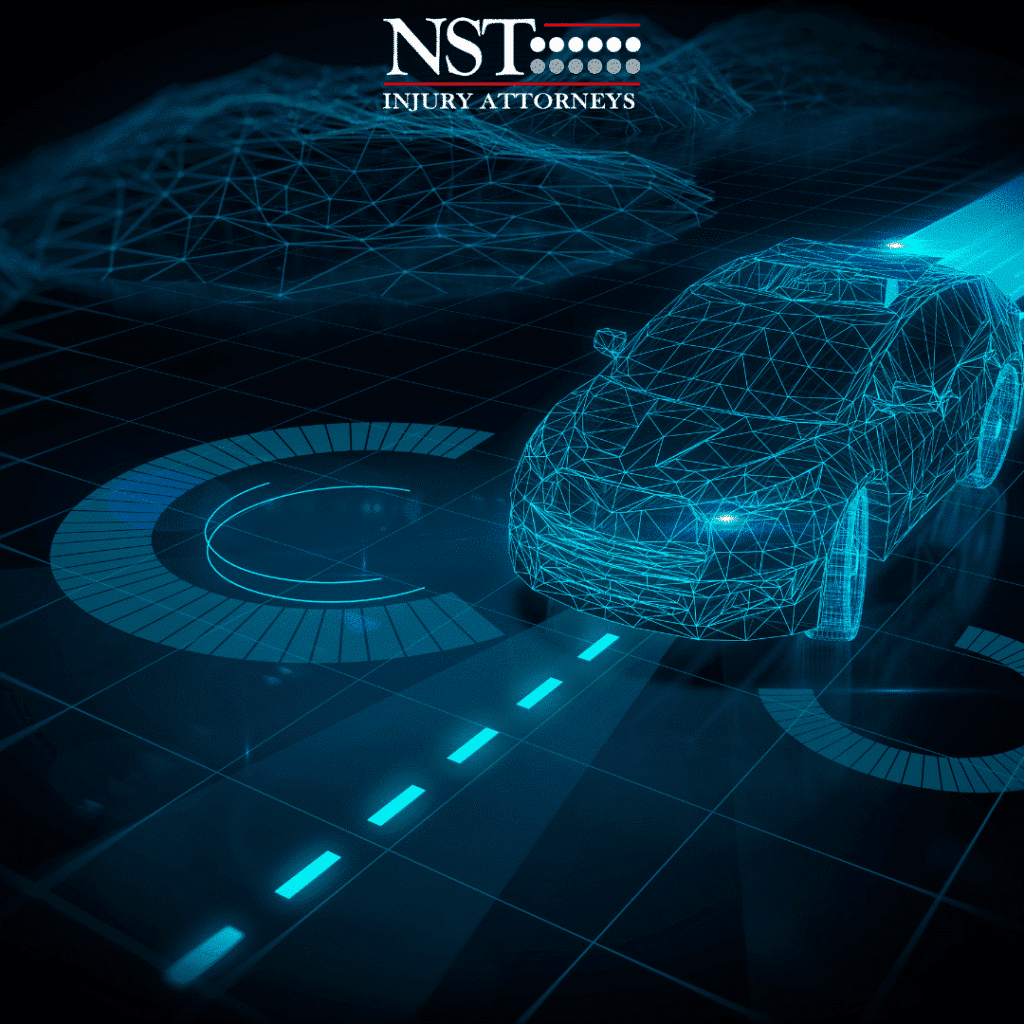Legal liability is the responsibility a person or entity has for their actions or omissions, which can result in the obligation to compensate another party for harm or loss. In the case of a car crash, the individual who exhibited negligent behavior is generally responsible for covering damages. However, in a self-driving accident, fault may be less clear, making identifying liability more complicated.
Self-driving vehicles, also known as autonomous vehicles, show different collision patterns than conventional cars. For instance, rear-end accidents account for 64.2% of autonomous vehicle wrecks while accounting for only 28.3% of conventional crashes. Similarly, sideswipe accidents account for 20.8% of autonomous vehicle wrecks and 17.5% of conventional car incidents.
If you or your loved one has been in a collision involving a self-driving car, do not hesitate to seek legal support. With 35+ years of experience, a 175-member team, and billions won for injured clients, we help Tennesseans navigate this evolving area of law. Call our personal injury attorneys today at 800-529-4004 to schedule an initial consultation.
Who Can Be Held Liable for a Self-Driving Car Accident in Tennessee?
The emergence of self-driving technology raises new questions about liability. Several parties could be held responsible for this type of crash, including:
- Vehicle Manufacturer
- Software Developer
- Vehicle Owner
- Human Driver (if present)
- Operator or Manufacturer of Sensors
- Other Drivers or Pedestrians
- Employer for Commercial Autonomous Vehicles
- Third-Party Service Providers
When Is a Vehicle Manufacturer Liable?
If a vehicle’s design or construction is defective and causes an accident, the manufacturer could be legally responsible. For example, a faulty braking system or issues with the vehicle’s AI control system could be grounds for liability.
In Tennessee, autonomous vehicle accidents fall under the Tennessee Product Liability Act, with the automated driving system considered the legal driver when operating as intended. To hold the manufacturer accountable, you must prove a defect in manufacturing, design, or warnings within the framework, while navigating timing restrictions and potential defenses like regulatory compliance and comparative fault.
How To Hold a Software Developer Responsible
Self-driving cars rely heavily on software to make decisions. If the software fails to process data correctly or leads to dangerous behavior, the software developer could be at fault. One instance where this may occur is if a software bug causes the vehicle to misinterpret traffic signals, leading to an accident. Like holding a manufacturer responsible, you will need to use evidence to show that the cause of the incident was malfunctioning or defective software within the vehicle’s interworkings.
When Is a Vehicle Owner Liable?
The owner of the self-driving vehicle is responsible for maintaining it and ensuring that it functions correctly. If an accident occurs due to poor maintenance or failure to update the vehicle, the owner could be held liable.
Under Tennessee Code § 55‑30‑106, when an automated driving system is engaged, it is deemed the driver for purposes of traffic and liability laws. This shifts liability to the system’s manufacturer or operator, provided it was being used correctly.
How Can a Human Driver Be At-Fault?
If a human driver is present in a semi-autonomous vehicle, they might be required to take control in certain situations. For instance, if a driver fails to intervene when the vehicle encounters a situation it cannot handle, the human driver may be held responsible for the car accident.
Other additional circumstances where the driver may be responsible include the following:
- Adding unsafe modifications
- Negligent maintenance or usage
- Misuse of the vehicle
Tennessee law treats the interaction between human drivers and vehicle automation systems with a clear distinction based on the level of autonomy. When a vehicle’s automated driving system is fully engaged and operating as intended, the ADS is considered the legal driver, meaning the human occupant is not held responsible for traffic violations or accidents.
However, in vehicles with partial automation, human drivers are still required to remain attentive and ready to take control when necessary. If a driver fails to intervene when prompted or misuses the system, they may be held liable under negligence principles.
Comparative fault rules may also apply if the human’s actions contributed significantly to the incident. Tennessee’s modified comparative fault rule means your recovery is reduced by your fault and barred at 50% or more. Manufacturers can defend themselves by pointing to user misuse or compliance with safety standards.
How To Hold an Operator or Manufacturer of Sensors Liable
Autonomous vehicles rely on sensors, such as LiDAR, cameras, and radar, to understand their surroundings. If one of these sensors fails or malfunctions, it could lead to an accident. For example, a sensor malfunction could cause the vehicle to hit an obstacle or misinterpret traffic conditions.
It can be incredibly challenging to prove sensor failure in a self-driving car accident. Our seasoned attorneys could identify the role of a manufacturer in maintaining the quality of sensors and how their negligence ultimately led to your accident.
When Other Drivers or Pedestrians Are At-Fault for an Accident
Other drivers and pedestrians can still play a role in accidents involving autonomous vehicles. If another driver’s negligence causes the AV to react inappropriately or leads to a crash, they could be liable.
A human driver might fail to yield, causing a self-driving car to make an emergency maneuver and crash. Tennessee laws still hold human drivers accountable for their actions, regardless of whether the other vehicle is autonomous.
When Is an Employer for Commercial Autonomous Vehicles Liable?
If a commercial vehicle is involved in an accident, such as a delivery truck or a rideshare, the employer may be held liable if the vehicle was not properly maintained or if it was involved in an accident due to faulty software or equipment. This might look like a delivery truck’s autonomous system malfunctioning while on the job, causing a crash.
In Tennessee, commercial vehicle operators and their employers are held to a higher standard of care. While the automated driving system may be legally viewed as the driver, the commercial entity operating the vehicle is still liable under doctrines like respondeat superior, non-delegable duty of care, and negligent deployment or maintenance. Issues like system defects, vehicle misuse, or failure to properly oversee the technology could lead to an employer being held responsible for an ensuing accident.
Holding Third-Party Service Providers Responsible
Autonomous vehicles rely on various third-party services, such as mapping systems, traffic data, or cloud storage for real-time decision-making. If a third-party service’s data causes a vehicle to misinterpret its surroundings, leading to an accident, the third-party provider could be liable.
Holding third-party service providers accountable in Tennessee presents several legal challenges. While state law allows for liability to extend beyond the primary manufacturer or operator, doing so involves navigating product liability law, contract law, and tort law, often in complex and highly technical contexts. Our knowledgeable lawyers could handle your case from beginning to end and overcome any hurdles that come up along the way.
Our Car Accident Lawyers Can Help With Your Case When Liability Is Unclear
Local law may complicate a self-driving vehicle case. Because of this, it is essential to work with an attorney who is familiar with both self-driving car regulations and Tennessee’s legal landscape.
Our compassionate lawyers help victims understand their rights, navigate insurance claims, and deal with aggressive insurance adjusters. We can gather evidence, consult with experts in AI and vehicle systems, and assist you in pursuing legal action against the correct party.
Self-driving accidents often involve multiple parties, and our attorneys can determine which individuals or entities are at fault. Contact NST Law today for more information and to get started on building a compelling case.
 Skip to content
Skip to content


